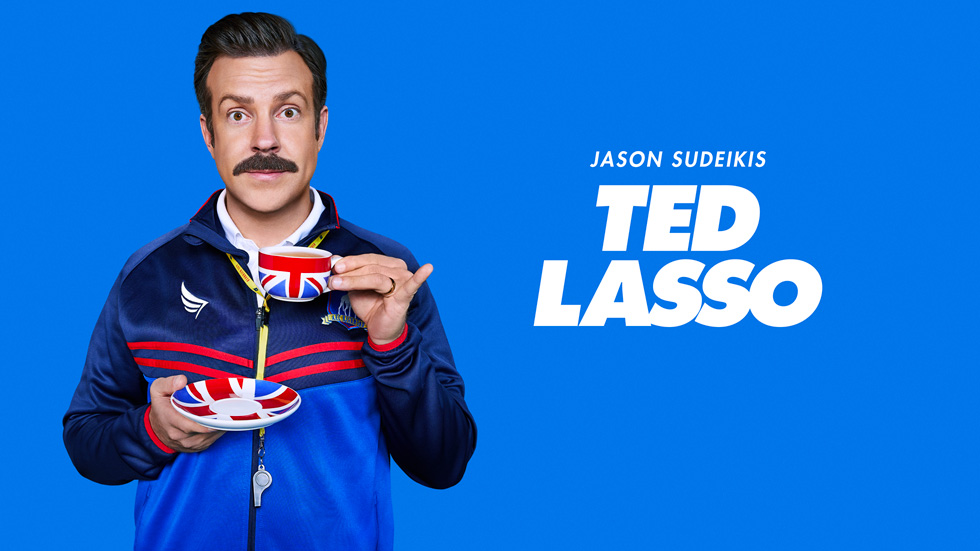People have long been doing random acts of kindness, from paying for someone’s coffee to giving up a perfect parking spot.
But given all that is going on in the world these days, we may have forgotten about kindness for a while.
This story, from NextAvenue.org, is about the importance of kindness now more than ever.
Ted Lasso, of the popular “Ted Lasso” series on Apple+ TV, is all about kindness.
Through each 30-minute episode, Ted (played by Emmy Award-winner Jason Sudeikis), a former U.S. college football coach now coaching an English soccer team, and his castmates gently remind us that kindness can help shape our part of the world.
Ted is a man who shows empathy and kindness to everyone, even those who seem to not deserve it.
His acts of kindness range from offering a comforting word, to baking biscuits for his boss – and throughout each episode, viewers see how Ted’s actions take off as others emulate him, knowingly or not.
The show’s kindness message has spread, and people around the world are talking about it.
The past few years have been hard on many people. News and social media feeds are often dominated by bad news, sad stories and anger.
Kindness is important during hard times
“I think there is a bit of a pushback from that right now,” says clinical psychologist Michael Tobin, founder of Whole Family (a website focused on family and marital challenges) and author of “Riding the Edge: A Love Song to Deborah.”
“I think the natural way of being is to be kind to one another. My experience has been that we naturally want to give to one another. And I think that’s one of the things that the Ted Lasso show sort of pointed out to us,” Tobin says.
“This guy is just a nice fellow. He cares about people. He does acts of kindness. He listens to people, which maybe is the important ingredient of kindness. And maybe that’s the basis of it all.”
Kate Hanley, author of “How to Be a Better Person,” says that humans are wired for empathy, the ability to understand and share how others feel.
“We have mirror neurons that help us understand how other people are feeling,” she explains.
“And this is a big reason why our species has proliferated to the extent that it has, because we have this innate programming to look out for each other, and to help each other. So when you act on that impulse, you’re literally acting on the better. It is one of the defining things that makes us human.”
But can simple kindness really make that much of a difference in your life?
Yes, it can, as both the do-er and as the recipient.
Acts of kindness don’t have to be large, expensive or grand. We’ve all heard of how some people pay for the coffee order for the person behind them in the drive-through line at the coffee shop. But other examples include giving someone a compliment, bringing a treat to work to share with coworkers or just sending a nice text, note or email to someone, thanking them for something they have done.
Tanya Gulliver-Garcia, director of learning and partnerships at the Center for Disaster Philanthropy in New Orleans, likes to do a variety of kind things — from donating items to community pantries to organizing holiday gift giving for people in need.
And sometimes, it’s a one-to-one act, a private one.
To read more, visit NextAvenue.org.






